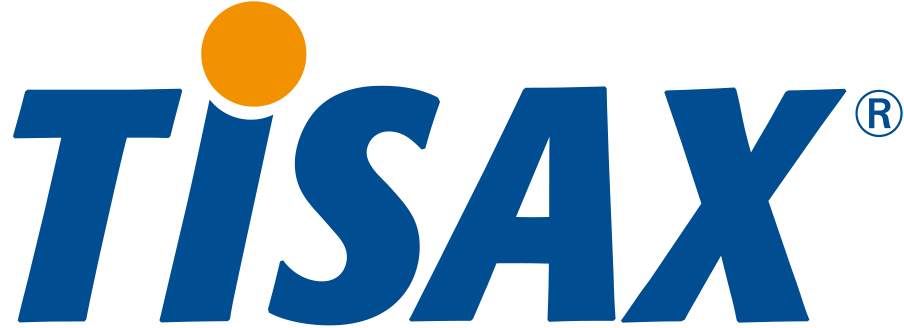4. Efficient Communication
In the past, the quality of in-house QA teams was heavily reliant on a company’s overall culture and efficiency. Companies lacking the time and resources to prioritize testing often fail to communicate testing requirements to their QA teams. This poor communication resulted in testing inefficiencies, bottlenecks, and risks.
TaaS providers untangle those knots of the past and nurture a testing culture that emphasizes efficient communication. TaaS can also help companies identify bottlenecks and other suboptimal elements, such as poor tools or processes within a certain infrastructure, and fix or replace these problems with better options.
5. Monitoring and Evaluation
As we’ve established, TaaS isn’t an isolated service. It’s not about providing temporary patches to fix problems. It’s about creating a vibrant and organic testing ecosystem that doesn’t neglect a single part of the process. That’s why one of the top TaaS benefits is consistent, high-quality monitoring and evaluation of teams, processes, and infrastructure.
TaaS providers will relentlessly monitor team performance, and design detailed action plans to ensure that speed, efficiency, and quality are always at their best. Monitoring reports and evaluations aren’t just for the eyes of TaaS providers; the insights gathered from monitoring are used to expand the knowledge of various team members and enhance their capabilities.
6. Free Training
Rinf.tech provides an unparalleled service in the form of free training. Our teams design training programs for specific frameworks and testing techniques that an organization might require. These training programs will transform hard-working and high-potential teams into incredibly proficient testing professionals who can significantly impact their company.
This training also supports selecting suitable testing solutions and tackling complex tasks per best practices. The one thing that TaaS providers will ensure that businesses internalize is that testing that lacks nuance and strategy is a thing of the past. The best testing practices are holistic and operate in complete alliance with overall business needs and goals.
7. AI-Powered Robots
Robots are a major USP of TaaS. Robots were once just shiny new toys that seemed like a small glimpse into what the future could offer. Today, robots are capable of immense and advanced tasks, including testing. There’s no better example of that than MATT ROBOT, a product of Adapta Robotics, the scale-up that span off rinf.tech’s Robotics Division.
MATT is a test automation robot that can be used across industries. It’s highly adaptable, with numerous options for size and integrative features. MATT can be used for software and hardware, performance, calibration, mechanical interaction, and physical input testing. MATT can augment any kind of test automation lab or environment.
MATT use cases are diverse. MATT can test and interact with small devices like a smartwatch and bulkier devices like washing machines. Considering how many smart devices are popping up today, robots like MATT will continue making a significant difference to companies by enhancing their products and services.






